[EDITORIAL] EFCC’s Overreach: Unlawful Actions Against Yahaya Bello Must Be Stopped
The recent confrontation between the Economic and Financial Crimes Commission (EFCC) and the former Governor of Kogi State, Yahaya Bello, has exposed a troubling pattern of abuse by the anti-corruption agency. While the EFCC is charged with investigating financial crimes, its approach in handling this case raises legitimate concerns about its methods and intentions.
Yahaya Bello has been accused of serious financial crimes, including money laundering and misappropriation of public funds. Rather than evading the authorities, he chose to address these accusations directly, presenting himself voluntarily at the EFCC’s Abuja headquarters. However, instead of conducting a formal investigation or questioning, the agency sent him away, only to later declare him a wanted man in a puzzling and contradictory move.
Later that evening, the situation escalated dramatically. EFCC operatives reportedly surrounded the Kogi State Government Lodge in Asokoro, Abuja, in an apparent attempt to forcibly arrest Bello. His media aide, Michael Ohiare, reported that the operatives even fired shots, creating an atmosphere of fear and uncertainty. Such heavy-handed tactics are deeply troubling and completely unjustifiable, especially after Bello had already cooperated with the agency earlier in the day.
These actions suggest that the EFCC is operating with more of an interest in theatrics than in the responsible execution of its mandate. The agency’s behavior raises uncomfortable questions about whether this is truly about fighting corruption or simply a show of power meant to intimidate political figures. The fact that the EFCC failed to interrogate Bello during his voluntary visit, only to resort to a dramatic siege later, indicates a departure from due process and a lapse in professionalism.
The use of force against a former governor who has shown willingness to comply with the law is a dangerous precedent. It erodes public confidence in the EFCC’s ability to carry out its duties impartially and fairly. Nigerians are right to wonder if this case is being pursued for reasons other than justice. The EFCC must avoid the appearance of being used as a tool for political persecution, as this undermines both its credibility and the wider fight against corruption.
What should have been a straightforward legal process has turned into a spectacle, with the EFCC engaging in unnecessary displays of aggression. If the Commission has a legitimate case against Yahaya Bello, it should proceed in a manner consistent with the law, rather than resorting to tactics that appear more fitting for a manhunt than a legal investigation.
This situation calls for urgent reflection on how the EFCC conducts itself. The fight against corruption is too important to be derailed by questionable practices that raise doubts about the agency’s impartiality. The public deserves a transparent and just process, free from political motivations and fear-driven tactics. Anything less threatens the very foundation of the rule of law in Nigeria.
It is imperative that the relevant authorities investigate the EFCC’s conduct in this case and ensure that the agency operates within the bounds of the law. The siege on the Kogi Government Lodge and the sporadic gunfire are unacceptable in a democratic society and must be condemned in the strongest terms.
In the end, the EFCC must realize that true justice can only be achieved through fairness, transparency, and respect for due process. Anything short of this diminishes its credibility and compromises the integrity of the fight against corruption.
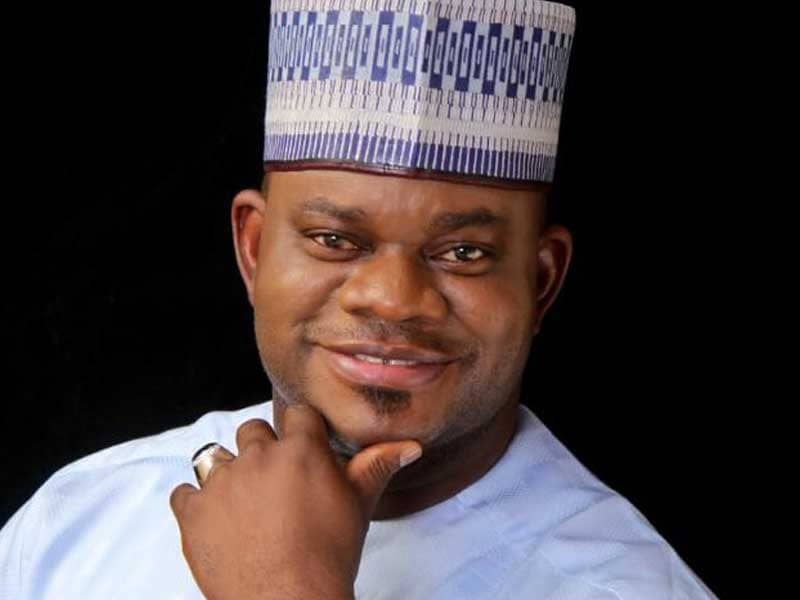
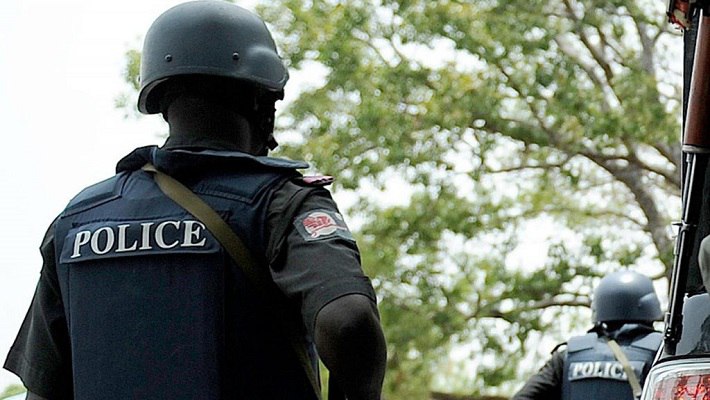

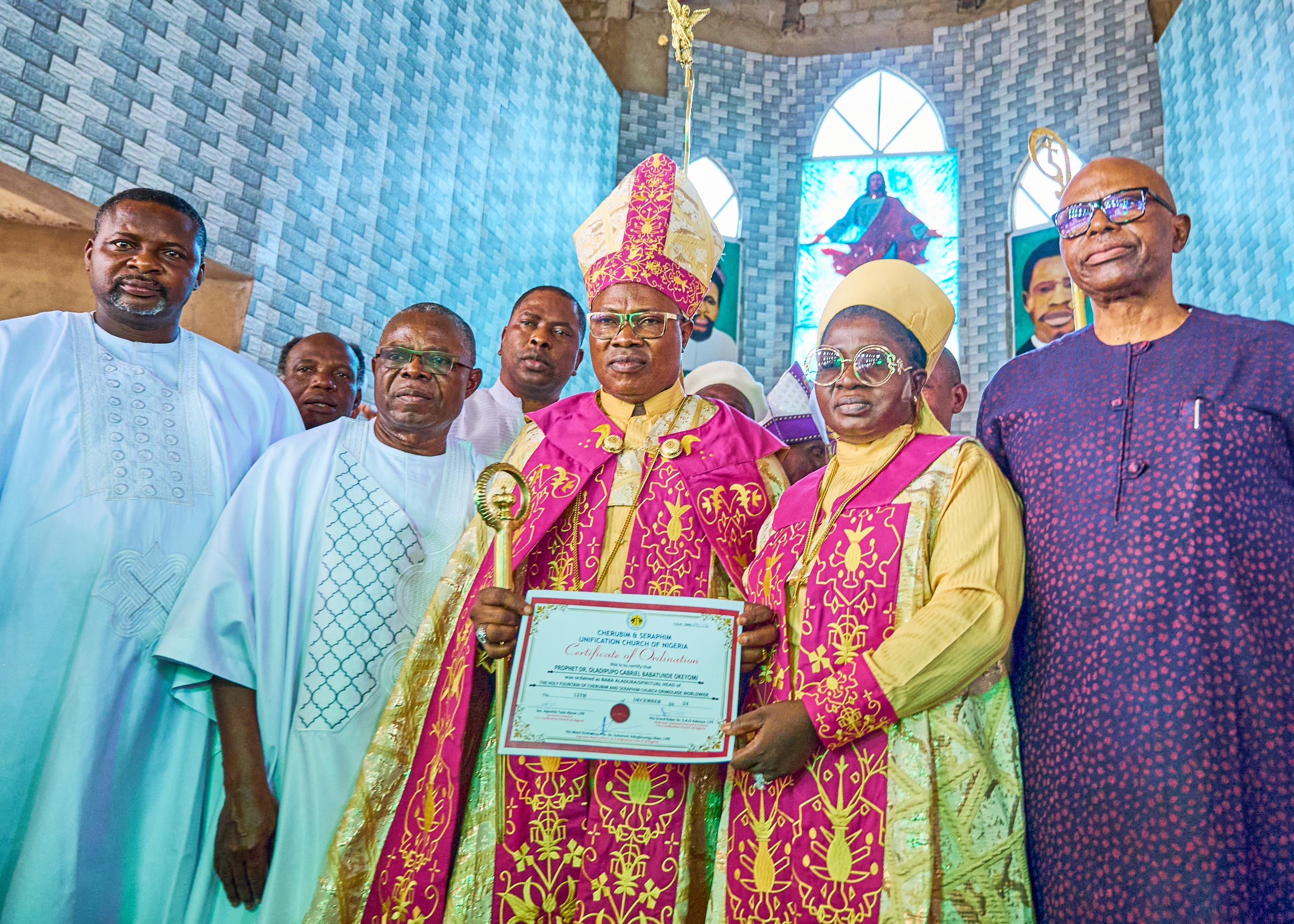


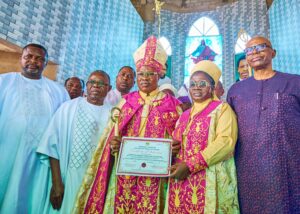
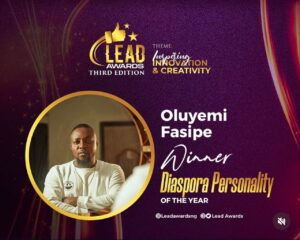


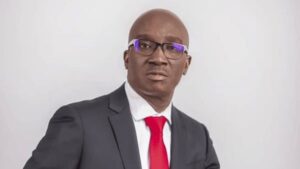



Post Comment